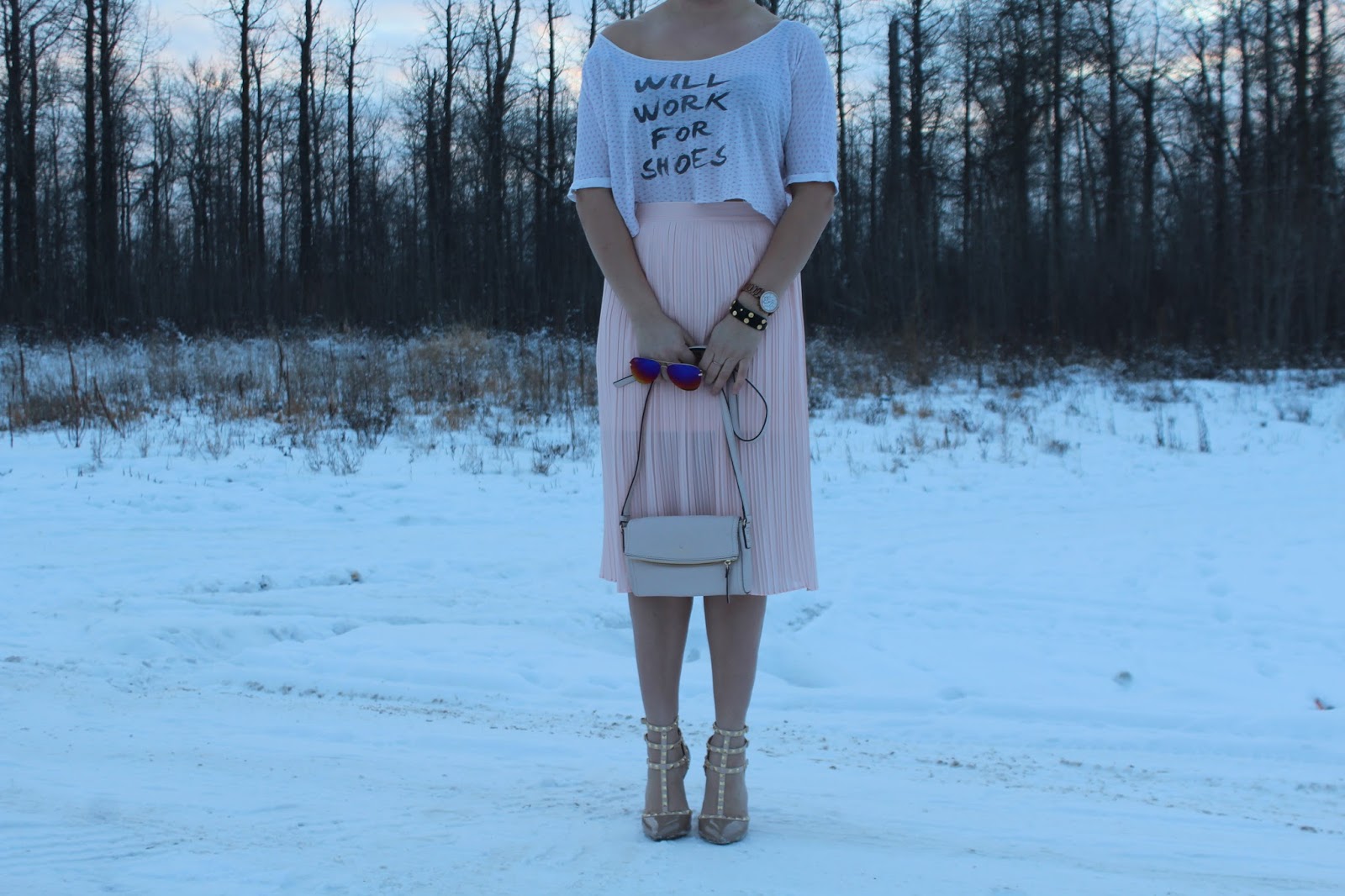Lately we have
been talking about financial fitness, saving and finances, you know the things that
school prepared us so little for. One day you are in school, living the life
and all of a sudden, you have a whole new stack of expenses: rent or mortgage,
utilities, car payments, groceries, credit cards and you are expected to look professional
and be ready top enter the work force. I am a strong believer that you should
dress for the job you want, not the job you have, so if that means wearing a
suit to work every day, that is what it means. (I don’t mean “I put lingerie
and wings on, and you are now waiting for a call from VS”)
However, a
well-fitting, put-together professional wardrobe is expensive, so how do you put
it all together if you want to make a strong impression at your first job.We rounded some
tips on how to build a work appropriate wardrobe without breaking the bank.
Budget.
Before you start
shopping, decide what you can commit right now to get started. Since acquiring
an entire wardrobe is a journey not an instant destination, decide what you can
afford at the start, and what you can work in the budget over time. This might mean you have to cut out some other
expenses (or start with saving five dollars a day) in order to get the wardrobe
you want.
Give and Take.
Building a wardrobe takes time, and patience. You can’t have everything right at the start, so take your time and shop smart. Shop sales, do your research, sign up for newsletters on stores you know you want to shop at and join Ebates. In order to offset some of the cost of new clothes, sell clothes you aren’t using.
Quality over quantity.
When it comes to
work clothes you want to buy quality items vs getting 5 tings. When I say
quality I don’t mean go and spend $$$ on brand names or high-end items, I mean
purchase quality materials that will last a long time. You want to invest in quality essential pieces that you can mix and match with other things. You want to stay away from trends, those come and go and its waste of money. Purchase a quality neutral (black, grey, beige, blue) pieces like pants, skirt, blazer and dress. Than you can get tops and sweaters to mix and match with your quality pieces.
Mix and Match.
Learning what pieces will go together can be a challenge, and there is gonna be trail and error but when you are building a wardrobe before purchasing items see if they will work together. Try things on together, see if it works or not. This require planning, you want each item you get to work with more than one thing you have, you need it to be versatile. You will get very good at layering, accessorizing and mix and matching to make the most out of your wardrobe.
What are your tips for building a work wardrobe on a budget?



















